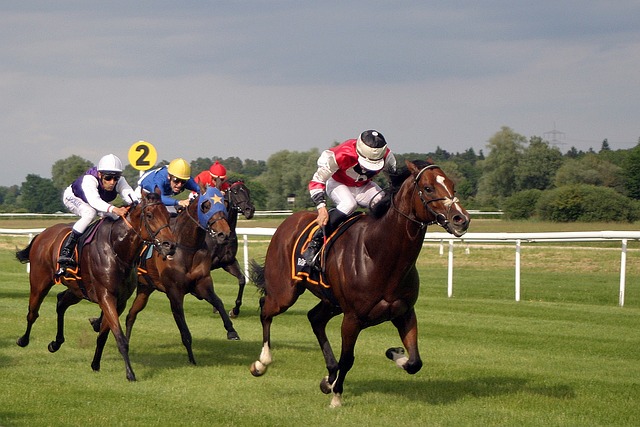A Step-By-Step Guide to Picking a Racehorse
For someone new to racing, choosing a racehorse can be both exciting and challenging. The excitement of owning a champion is tempered by the difficulty of selecting a horse that meets your goals while remaining within your budget. Making a decision, whether for a major race or the purchase of a future breeding potential, necessitates careful evaluation of numerous considerations. Here are key tips to help you feel more prepared and confident in your decision-making process:
Define Your Goals
Whether you’re looking to compete in high-profile races or your interest is breeding prospects, your goals will drive your decision. Some horses are better suited to racing careers, while others shine in the breeding shed, which makes the selection important.
The budget and the long-term financial commitment should also be considered. Ownership of a racehorse involves several expenses: training, care, and entry fees into races. Clear objectives and a realistic budget help ensure the investment fits your ambitions.
Examine Pedigree and Bloodlines
The pedigree of a horse usually has much to say about its potential. Horses with successful sires and dams would be more likely to inherit essential qualities that help in racing. Thoroughbred racehorses are known for their pedigree, which maps out their ancestry and helps trace lineage attributes such as speed, stamina, and temperament.
Remember to check out the bloodlines of any horse you see. If the ancestors are known for their outstanding records in the legitimate racing field, this can be passed down to generations. Pedigree is essential, but remember, it’s not the only thing influencing performance. Training, health, and care also play an enormous role in a horse’s career.
Assess Training and Temperament
Training history and temperament are critical ingredients in a horse’s performance at the track. A good training history and strong temperament will provide a horse with essential basic abilities and disciplines that will make it successful in the highest levels of competition. Younger horses, with less training, may possess potential projects but are a little more risky.
Temperament is a crucial factor to consider. Look for spirited animals that are energetic yet manageable. A horse that is too high-strung may not adjust well to racing environments. It’s important to speak with trainers or handlers to understand how the horse behaves and adapts.
Evaluate Physical Condition
Look for a well-balanced horse with well-shaped muscles and strong legs, as these physical attributes typically indicate how well the horse can handle the demands of racing. Also, observe the movement. A smooth, fluid gait is a good sign, whereas any irregularity could be a warning about more underlying health problems. You can enlist the services of a veterinarian to conduct a pre-purchase examination. They can spot hidden concerns that may affect how well the horse performs or how long it lives.
Seek Expert Guidance
The best way to make an informed decision is to consult with experts. Experienced and knowledgeable bloodstock agents, trainers, and veterinarians can guide you in purchasing a racehorse. They can assess a horse’s potential, offer insights into market conditions, and provide practical advice tailored to your goals.
Professional advice can also assist with sales and auctions so that you do not pay too much for the racehorse or bypass a better opportunity. You can then make a strategic investment in your racehorse with their experience.
Endnote
Choosing a racehorse is a critical decision that needs to be well-guided. Before deciding, consider your purpose for the horse, giving you a sense of direction during the selection process. Proceed to understand the target pedigree and its attributes to see whether it correctly aligns with your needs and aspirations.

